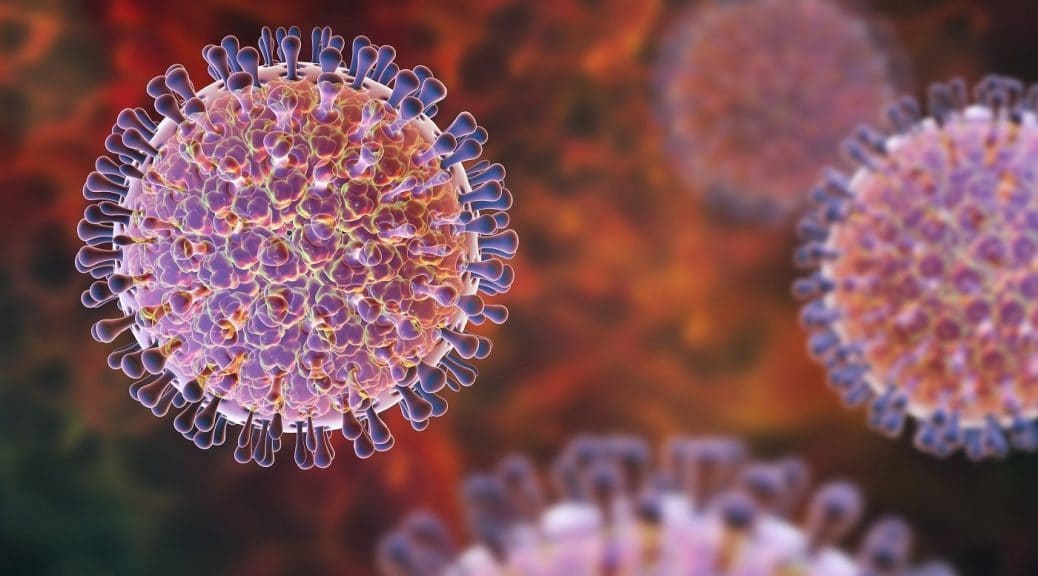- Home
- Product
- Patient
- Order Online
- Prescription Quote
- Collect at your Pharmacy
- Find a Pharmacy
- Find a Integrative Doctor
- Track my Medicine
- What is a Compounding Pharmacy?
- Child Friendly Medication
- Vet & Animal Compounding
- Easy to Swallow Pills
- Motion & Seasickness
- Medication without the Additives
- Unavailable Medications
- Schedule 8 Shipping Waiver
- Pharmacists
- Prescribers
- Shop
- FAQs
- About
- Careers
- Contact Us
- Home
- Product
- Patient
- Order Online
- Prescription Quote
- Collect at your Pharmacy
- Find a Pharmacy
- Find a Integrative Doctor
- Track my Medicine
- What is a Compounding Pharmacy?
- Child Friendly Medication
- Vet & Animal Compounding
- Easy to Swallow Pills
- Motion & Seasickness
- Medication without the Additives
- Unavailable Medications
- Schedule 8 Shipping Waiver
- Pharmacists
- Prescribers
- Shop
- FAQs
- About
- Careers
- Contact Us
Ground Breaking New Test Discovers Possible Root Cause of Juvenile Arthritis

A new test developed by a team of Australian researchers is generating considerable interest in the medical community after it identified a serious fungal infection in a dangerously ill teenager, who had been diagnosed with juvenile arthritis.
The teenager was diagnosed with, and was being treated for, juvenile arthritis, after the sudden onset of arthritic symptoms including severe joint swelling, pain and extreme muscle wasting that led to the patient becoming wheelchair-bound. The patient also suffered from anorexia and extremely low moods and energy levels.
As is usual with cases of juvenile arthritis, the patient had been undergoing immunosuppressive therapy, including steroids, with no improvement in her condition after three years of treatment.
A Pathogen Blood Test, developed by researchers from the not-for-profit National Institute of Integrative Medicine (NIIM) identified a soil-dwelling highly pathogenic Sagenomella fungal infection in the patient – a fungus that has been linked to fatal malnutrition and arthritic conditions in an animal.
On examining the results of the blood test, the patient’s health care team immediately took the patient off immunosuppressive therapy and instead began immuno-supportive therapy including intravenous vitamin C, vitamin D supplementation, ozone therapy as well as short-term anti-fungal therapy, aquatherapy and physiotherapy.
As reported by Associate Professor Karin Ried and Peter Fakler in their paper, Rare Fungal Infection Linked to a Case of Juvenile Arthritis, the new course of therapy,”…led to the patient’s remarkable recovery and continuous improvement.”
Twelve months after beginning immune-supportive therapy the patient had reportedly re-grained muscle strength, appetite and energy levels and her joint swelling, pain and arthritic symptoms had disappeared. She was able to walk again and had returned to school.
While it may seem at first glance that the patient had been incorrectly diagnosed with juvenile arthritis, Ried and Fakler suggest that the beginnings of juvenile arthritis may in fact be prompted by fungal infection.
“All cases of JIA (juvenile arthritis) may benefit from investigations into a possible infectious etiology. In those cases of JIA with systemic infectious etiology, standard immunosuppressive therapies may be ineffective,” the paper’s authors wrote.
Associate Professor Karin Ried will be one of the speakers at NIIM’s annual symposium, Integrative Medicine: The Art and The Science being held from 9-10 November in Melbourne. For more information or to book visit the website: www.niim.com.au/symposium
